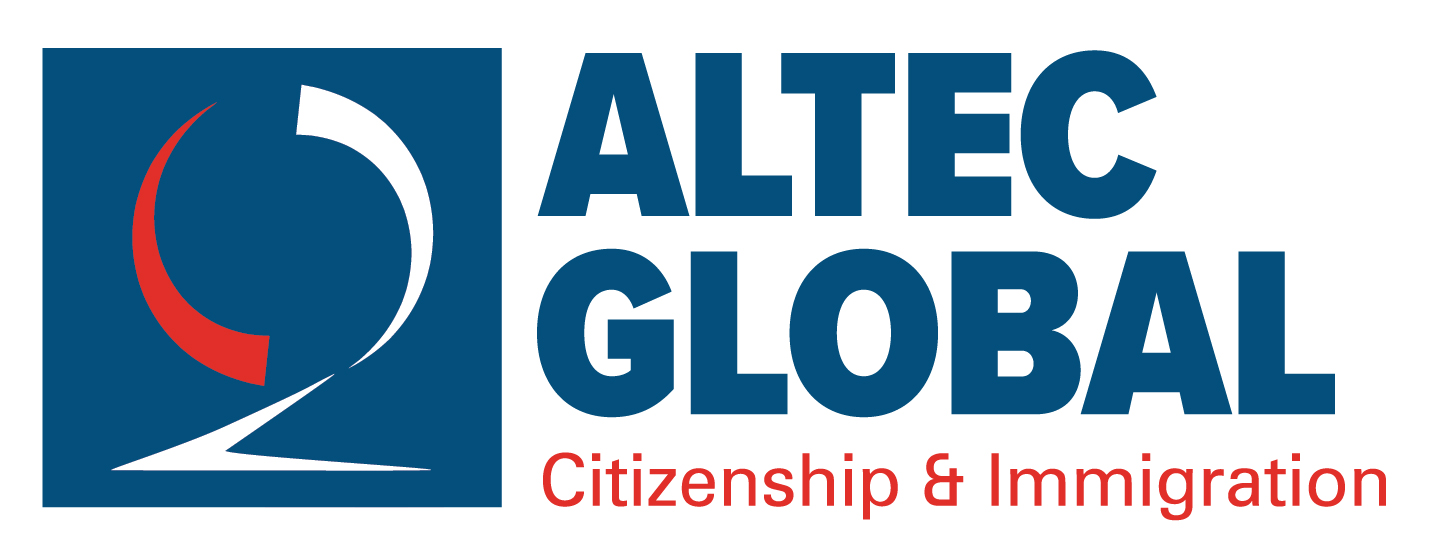Embarking on a job search in Canada as a newcomer can be both exhilarating and nerve-wracking. Securing a job interview, especially when you’re on a tight budget or supporting your family, is a significant step. It’s vital to recognize that newcomers have certain rights when searching for employment in Canada. Understanding these rights is not only empowering but also paves the way for a fair and respectful job search process. In this guide, we’ll delve into the questions that Canadian employers are not allowed to ask during a job interview, helping you navigate this important phase with confidence.
The Legal Framework: Canada’s Human Rights Act
Before we dive into the specifics, it’s essential to understand the legal framework governing employment in Canada. The Canada Human Rights Act forms the bedrock, prohibiting discrimination based on various grounds, including race, place of origin, ethnicity, religion, sexual orientation, age, marital and family status, disability, and financial situation.
Your Resume: A Discrimination-Free Zone
When crafting your resume for the Canadian job market, keep it focused on your professional qualifications, such as work experience and educational background. Avoid including personal information like your age, marital status, living arrangements, or a photograph. In Canada, these details are typically not part of a standard resume. Employers are expected to assess candidates solely based on their professional merits.
A Fair Interview Process: What Employers Can’t Ask
- Citizenship:
Employers are not permitted to inquire about your Canadian citizenship, country of birth, or primary language. However, they can ask whether you are authorized to work in Canada and if you are proficient in a language other than the one used for the interview. - Age:
Questions regarding your age or birthday are off-limits. While it’s common in some countries to include this information on a resume, omitting it in Canada can help reduce bias. The only age-related information an employer needs to know is whether you are of legal working age, typically between 18 and 64. - Health:
Employers cannot delve into your weight, height, or overall health, including disabilities. They are responsible for making every effort to accommodate candidates with disabilities to ensure an equitable interview process. Instead, they can outline the tasks associated with the role and ask if you can perform them and how you would do so. - Family and Marital Status:
Questions about your family, marital status, or living arrangements are considered highly inappropriate. These queries can lead to discrimination based on gender or sexual orientation. Employers should focus on assessing your availability to work your agreed-upon hours or overtime, without delving into your family obligations. - Pregnancy:
You are not required to disclose your pregnancy during an interview, and a potential employer cannot deny you a job based on your pregnancy. If you choose to disclose your pregnancy after being hired, you are legally protected from termination or layoffs due to your pregnancy. - Religion:
Inquiry into your religion, faith, or the need for religious observances is strictly prohibited. Employers can, however, ask about your availability to work at specific times or on certain days. You are not obligated to disclose your religious beliefs or reasons for unavailability.
Navigating Illegal Questions
When faced with an illegal question during an interview, you have several options:
- Refusal: Politely decline to answer the question, citing your discomfort or questioning its relevance to the position. Most employers will redirect the conversation.
- Deflection: Use the opportunity to highlight your international experiences that could benefit the employer. For instance, if asked about your nationality, mention your multicultural background and how it has equipped you with a global perspective.
- Seek Clarification: Ask the interviewer how the question relates to the job or role. This can encourage employers to rethink their line of questioning.
While asserting your rights during an interview is important, it’s also essential to strike a balance. A firm stance against an inappropriate question may create tension, potentially affecting your chances of securing the job. Consider your comfort level and the specific situation when deciding how to respond.
Understanding your rights during a job interview in Canada is fundamental to securing employment that respects your dignity and adheres to the law. By recognizing the questions that employers are not allowed to ask, you can navigate the interview process with confidence and assurance. As a newcomer to Canada, this knowledge empowers you to assert your rights and choose employers who uphold the principles of equality and fairness.


Recent Comments